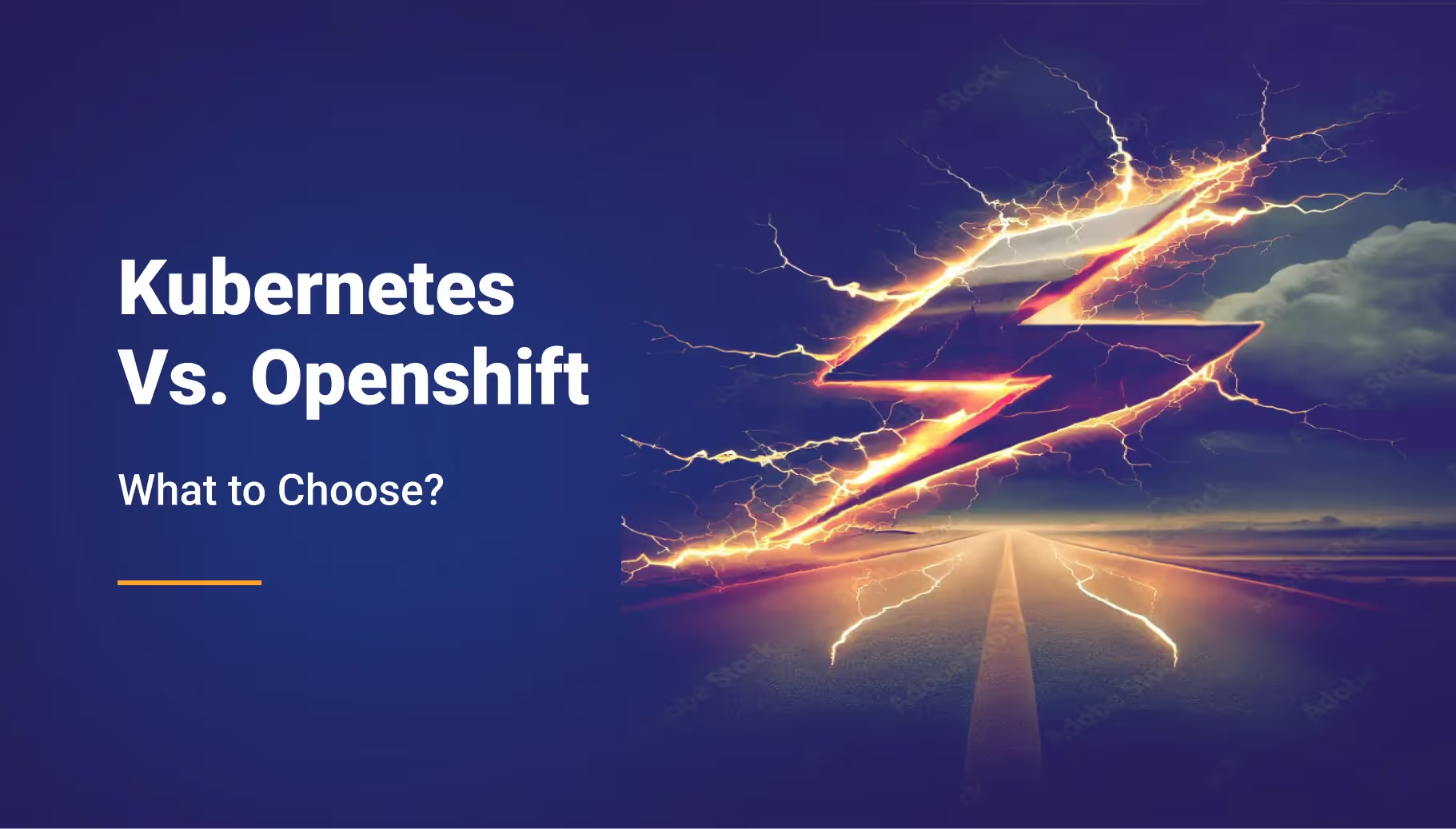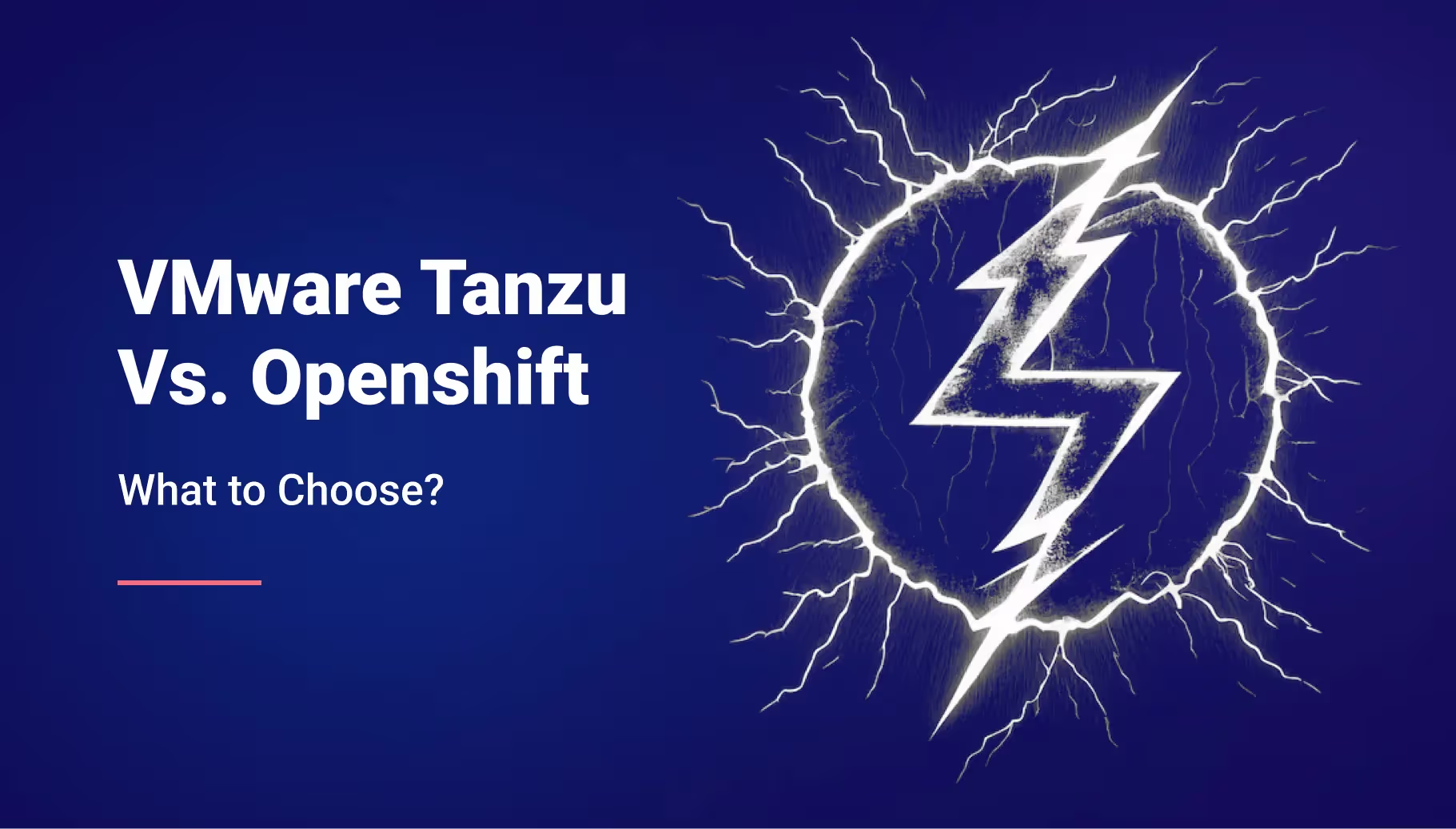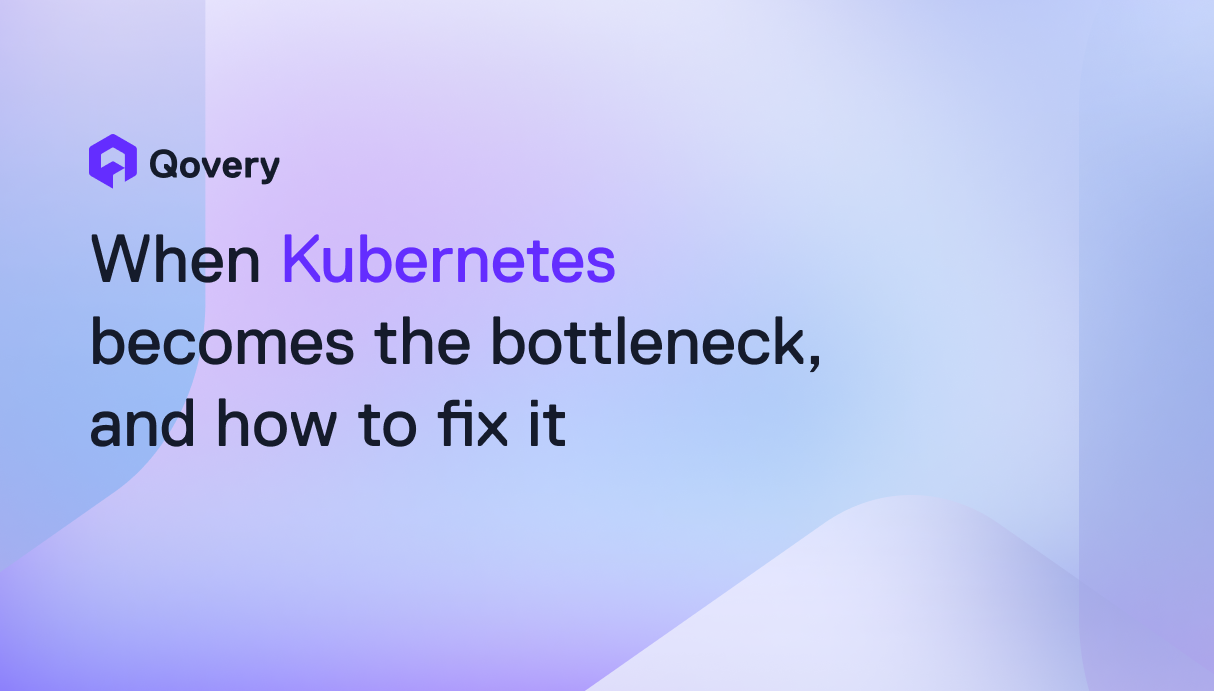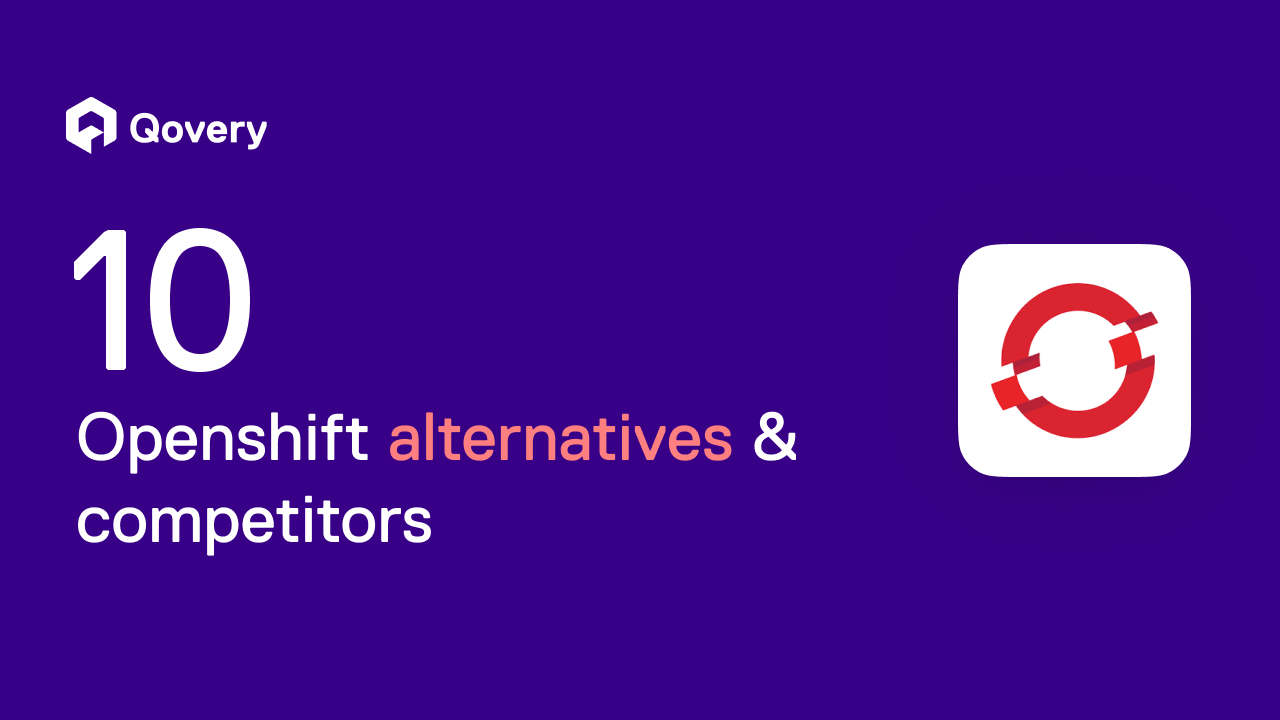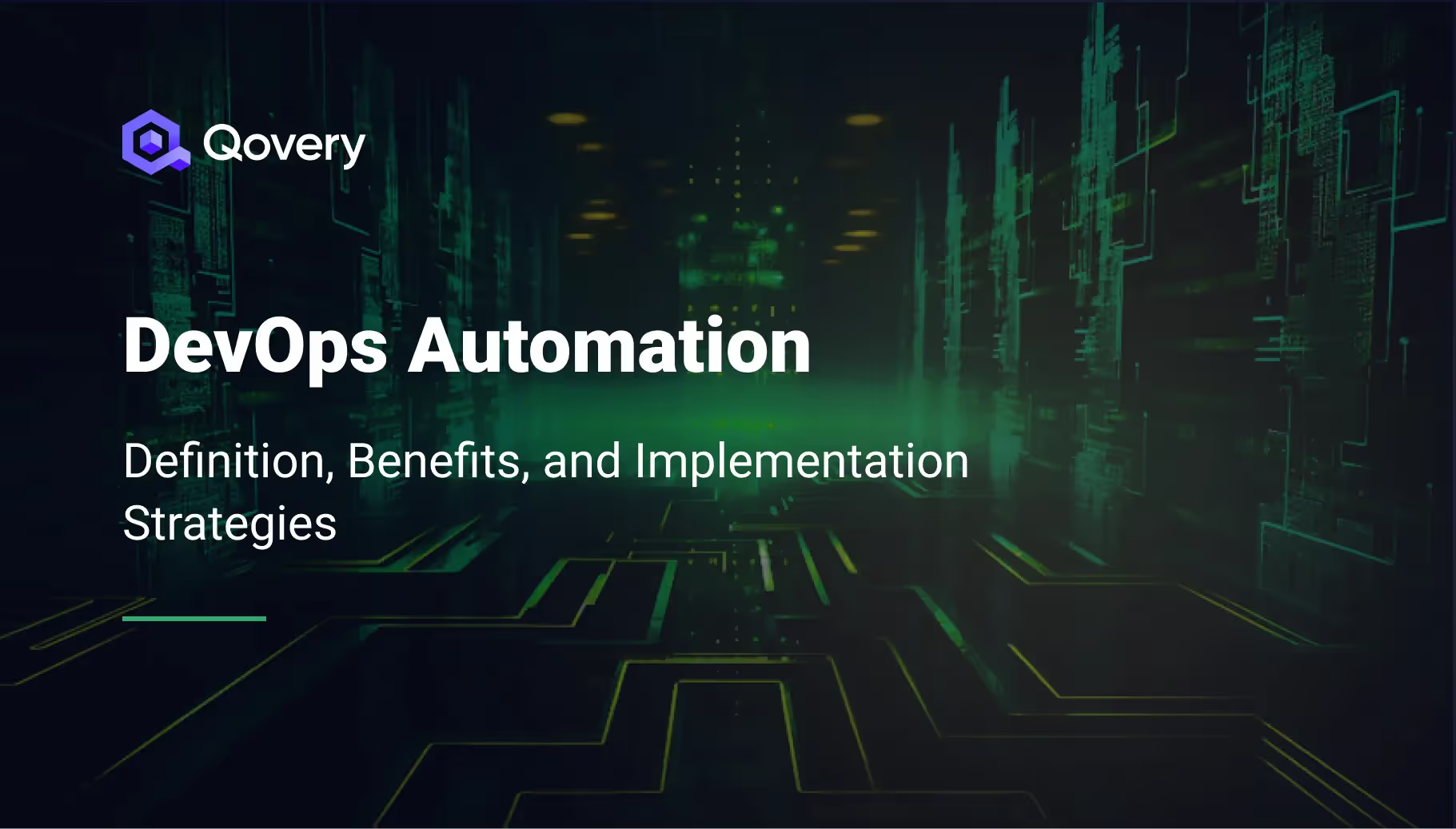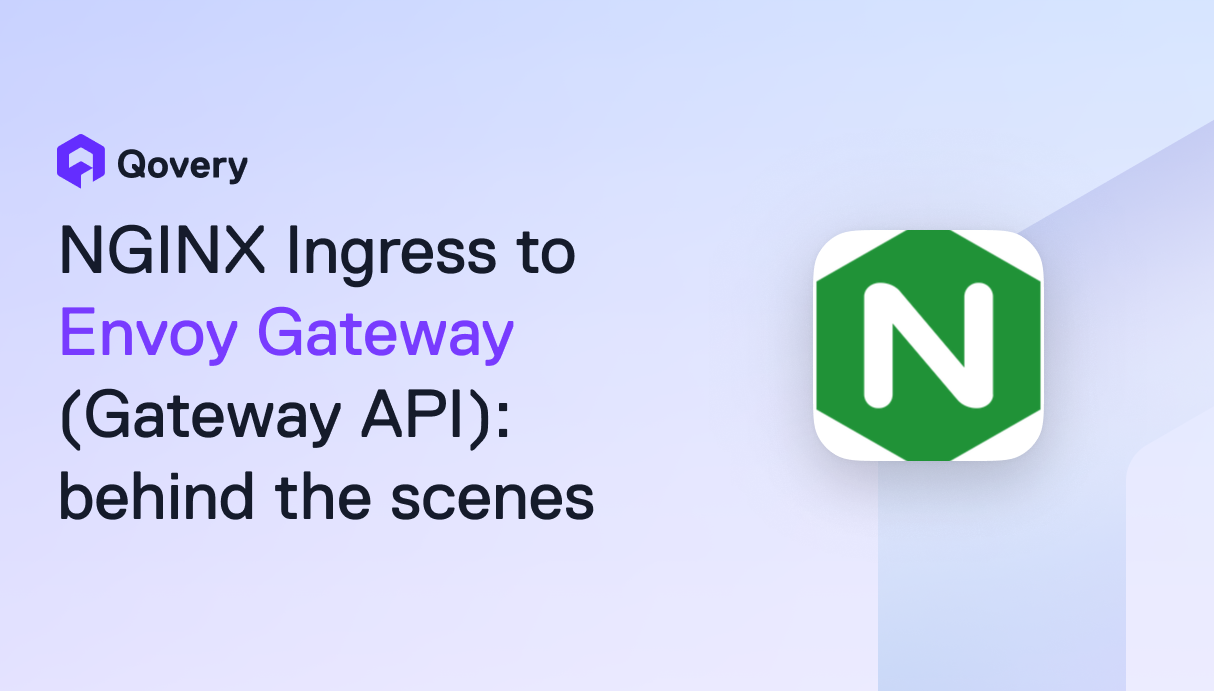

Understanding Qovery Pricing: Transparent and Flexible Billing



Understanding Active Developers
Qovery bills per active developer using our platform. An Active Developer is defined as an individual, identified by a unique email address associated with their git account and/or Qovery account, who has made a code change on a git repository or deployed an application within the last 30 days. We track and analyze git commit history, deployment logs, and application management actions to accurately identify and match developers to their respective activities.
It's important to note that we do not count contributions to public (open-source) repositories in our active developer billing. Additionally, developers with read-only access to the Qovery web console who do not actively deploy or manage applications are not considered active developers for billing purposes.
Inviting Members vs. Active Developers
It's important to understand that inviting a member to join your organization on the Qovery Kubernetes management platform does not automatically classify them as a paid user. Qovery's billing is based on the number of Active Developers within your organization, rather than the total number of invited members.
As explained above, an Active Developer is an individual who has made a code change on a git repository, deployed an application or actively managed an application using Qovery within the last 30 days. Members who have been invited to your organization but do not meet these criteria will not be considered active developers and will not be billed.
Creating a single shared account within the Qovery console with the intention of avoiding additional user fees is not a viable solution, as Qovery tracks and bills based on the actual number of Active Developers contributing to your organization's projects. This means that regardless of whether your team uses a shared account or individual accounts, you will still be billed fairly based on the actual usage of the platform and its resources by the active developers within your organization.
By clarifying this distinction between invited members and Active Developers, we hope to encourage organizations to invite all their team members to the platform without the concern of being overcharged. This allows for better collaboration and more efficient workflows while still ensuring that billing is based on actual platform usage.
Examples
Understanding when an active developer is considered a paying user can be complex due to the variety of possible use cases. To clarify this, we have created a table of examples below to help illustrate whether or not an active developer will be counted as a paying user in different scenarios.
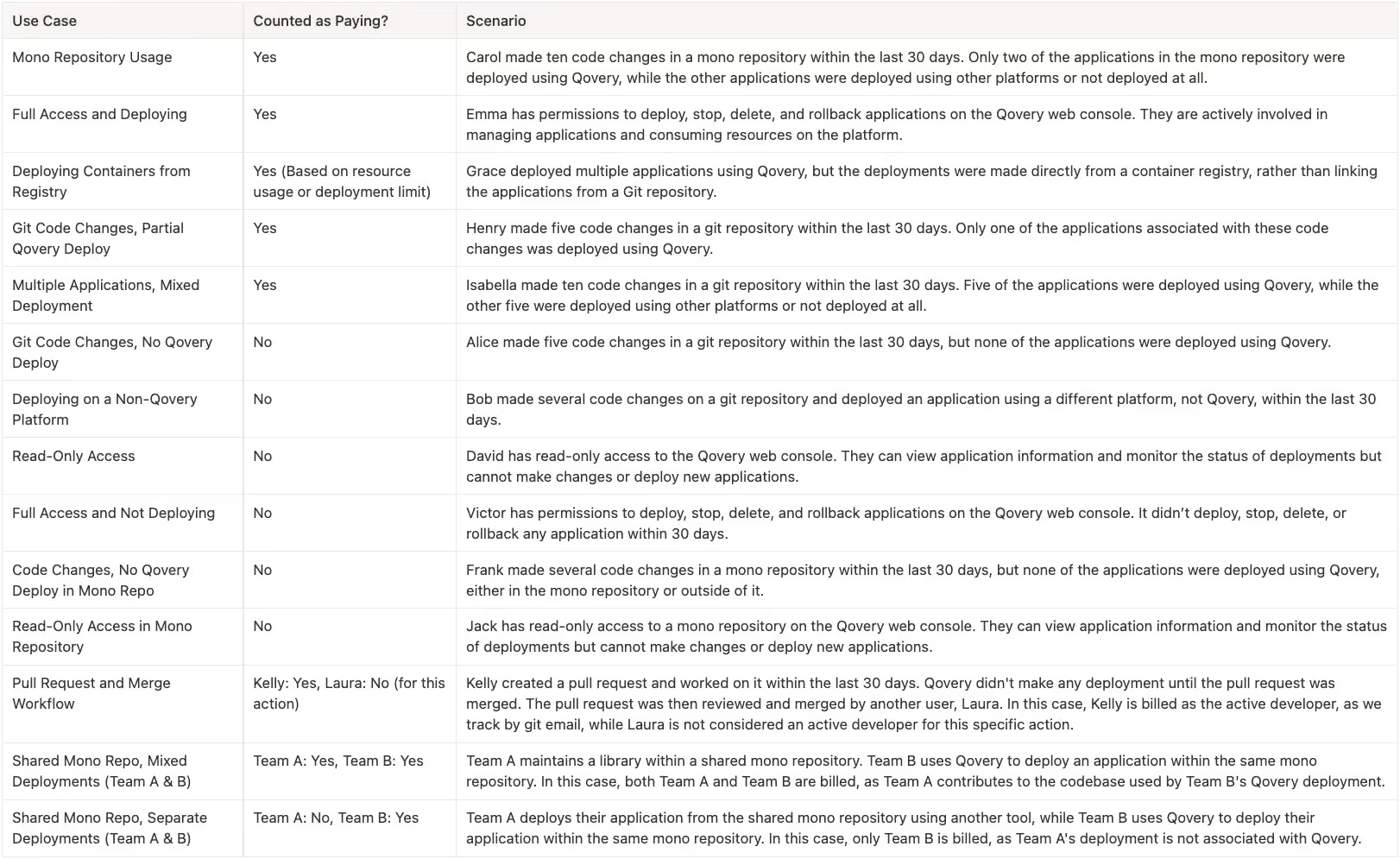
Adjusting Pricing Based on Average Active Users
At Qovery, we understand that the number of active developers using our platform may fluctuate monthly. To provide a fair and balanced billing system, we adjust the pricing based on the average number of active users over the last three months. This approach ensures that our customers are not billed disproportionately for short-term spikes in usage and provides a more stable pricing structure.
Example: Adjusting Pricing for Company ACME
Let's consider Company ACME, which has the following number of active developers using Qovery over three months:
- Month 1: 10 active developers
- Month 2: 15 active developers
- Month 3: 20 active developers
To calculate the average number of active developers for Company ACME over the last three months, we add the active developers from each month and divide by three:
(10 + 15 + 20) / 3 = 15
The average number of active developers for Company ACME over the last three months is 15. We will adjust the pricing for Company ACME based on this average, ensuring that they are billed fairly and consistently, despite fluctuations in their active user count.
Be Notified of Significant Increases in Active Users
If the number of additional active users in an organization exceeds a 20% increase, a member of our sales team will proactively reach out to the owner of the organization. Our goal is to provide personalized assistance in adjusting the pricing plan to better suit the organization's requirements and to discuss any potential optimizations that could benefit their projects.
Rest assured that our sales team's priority is to support the organization's growth and address any concerns the owner may have. Our team is committed to providing a seamless experience and ensuring that your organization continues to thrive while using Qovery's DevOps automation tool.
Range Discount for Larger Teams
To accommodate organizations with larger development teams, Qovery offers a range discount for teams with more than 40 active developers. This discount is designed to provide better value for organizations with more active users, making it more cost-effective as your team grows. Our sales team will be more than happy to discuss the specific details of the range discount and help you find the best pricing plan to suit your organization's needs.
Wrapping up
Qovery's pricing is designed to be fair, transparent, and adaptive to the needs of our customers. Our focus on active developers, average user-based pricing adjustments, and proactive support ensure that your organization receives the best possible experience when using our platform. If you have any further questions about Qovery's pricing or need assistance, please do not hesitate to reach out to our support team.

Suggested articles
.webp)



.svg)
.svg)
.svg)
